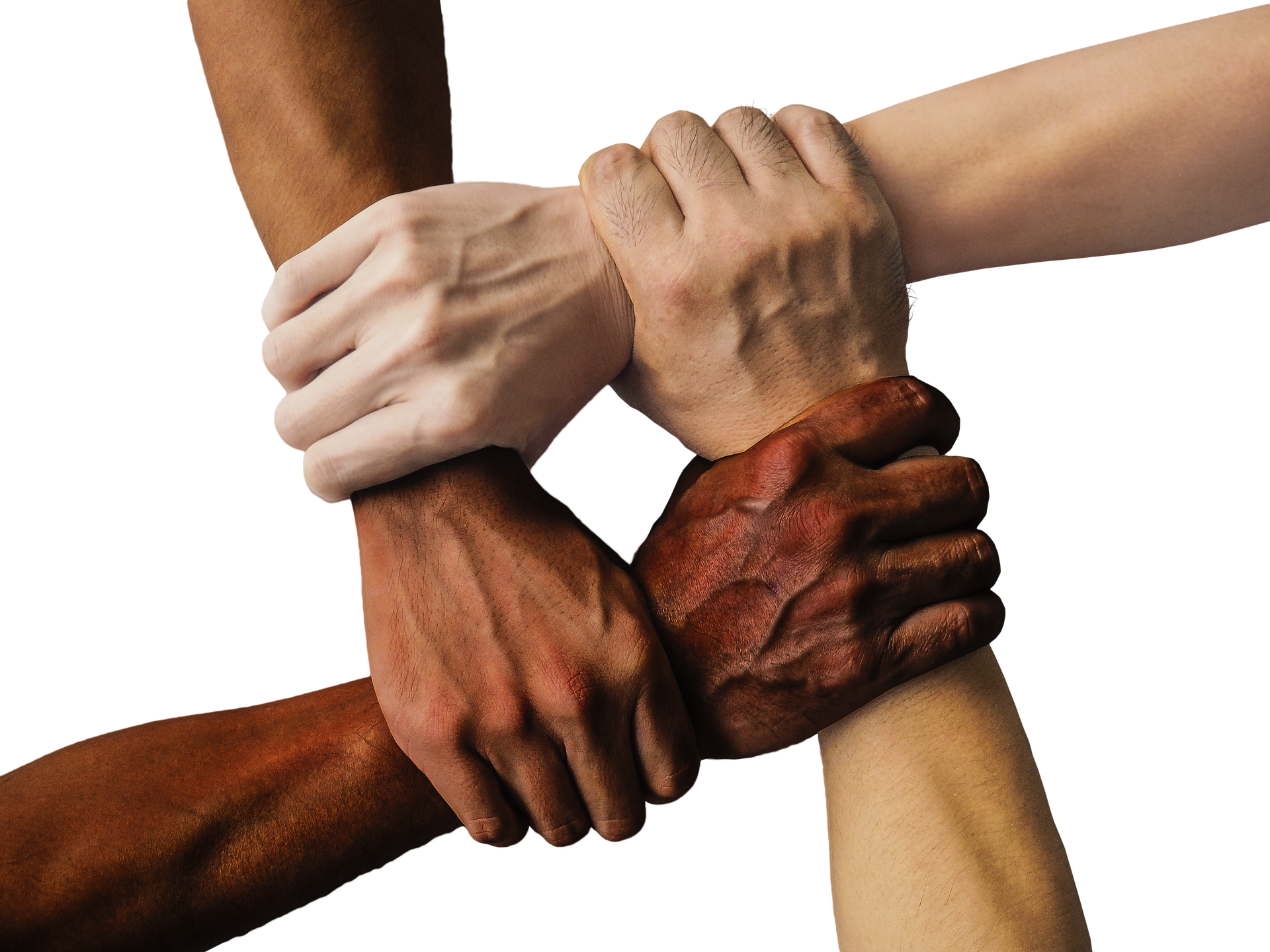It is believed that social isolation can increase one’s risk of developing an addiction. Social recovery works to change a person’s environment, so they no longer feel the need to engage in substance abuse.
What is Social Recovery from Opiate Addiction?
According to the National Institute on Drug Abuse, opiate addiction is among the leading addictions worldwide. Many people suffer from prescription opiate addiction, heroin addiction, illicit opiate addiction, and many others. There is such a wide variety of both prescription opiates and nonprescription ones, that it is difficult to tell if you are taking one or not.
Part of the problem with opiate addiction, is that it usually starts with a chronic or intense disease or disorder. This makes recovery extremely difficult because the opiate is serving a purpose, even if you are addicted to it. Social recovery might be an answer to opiate addiction.
How Social Recovery Started
Social recovery started in the 1970’s when scientists still used a device called a Skinner box to study how rats responded to addictive drugs. The rat was put into a box by themselves and offered two forms of water. The first had a mixture of water and heroin and the other had just plain water. The rat whose physiology is similar to humans would start to choose the heroin water very quickly. Scientists thought that this indicated that opiates were volatile and highly addictive.
Now it is important to understand that rats are extremely social creatures. They live, play, and work in groups. Putting a rat alone in a box with the drug as its only source of pleasure or escape, is like doing the same thing to a human, of course the rat is going to respond to both its environment and the drug that gives it pleasure.
A group of scientists noticed this and decided to try a different sort of experiment. They built what is now referred to as Rat Park. This was a large cage with other rats and plenty of toys and activities. The rats also had their choice of opiate laced water and plain water. Although all the rats tried the opiate laced water, only a few of them ever returned to it after the initial taste. This indicated to the scientist that in an more pleasurable environment opiates were not nearly as addictive as they originally thought.
How Does Social Recovery Help Opiate Addicts?
When you translate the Rat Park study to humans, you quickly realize that it is the conditions that people are in that might be causing the addiction to opiates. If you are in pain all of the time or are socially isolated you are more likely to be addicted to heroin or opiates.
Social recovery strives to correct the physical and environmental aspects of an opiate addict’s life in order to stop the addiction. After the initial withdrawal from the drug, people addicted to opiates are given medical help and other resources to help them live a more full and productive life without the opiates. They correct the overall issue in hopes of stopping the addiction.
This works for many people who turn to opiates because of their life circumstances. If you would like to know more about social recovery for opiate addiction or to find a treatment center that specializes in it, call us at 800-934-1582(Sponsored) .
the Take-Away


